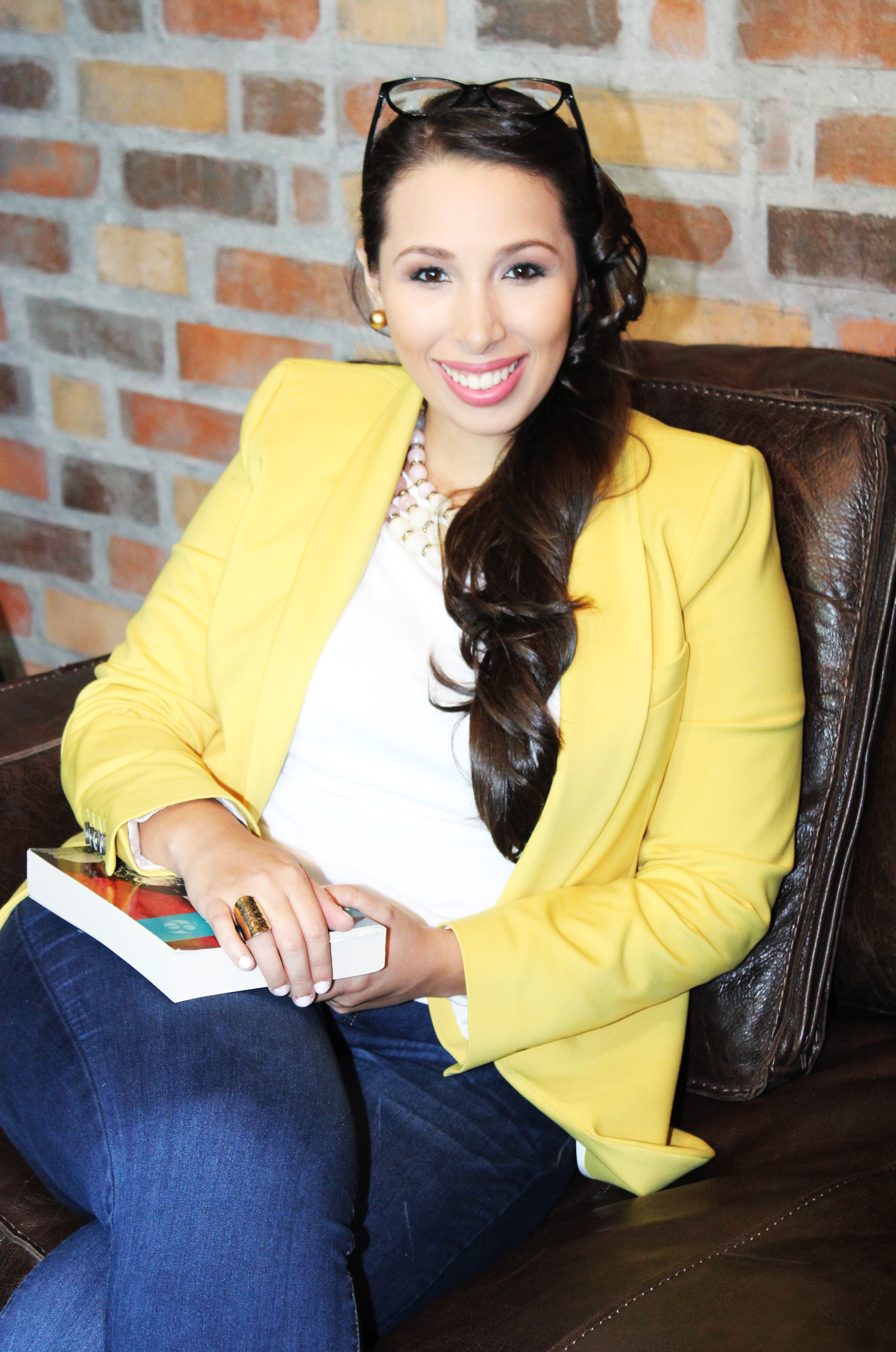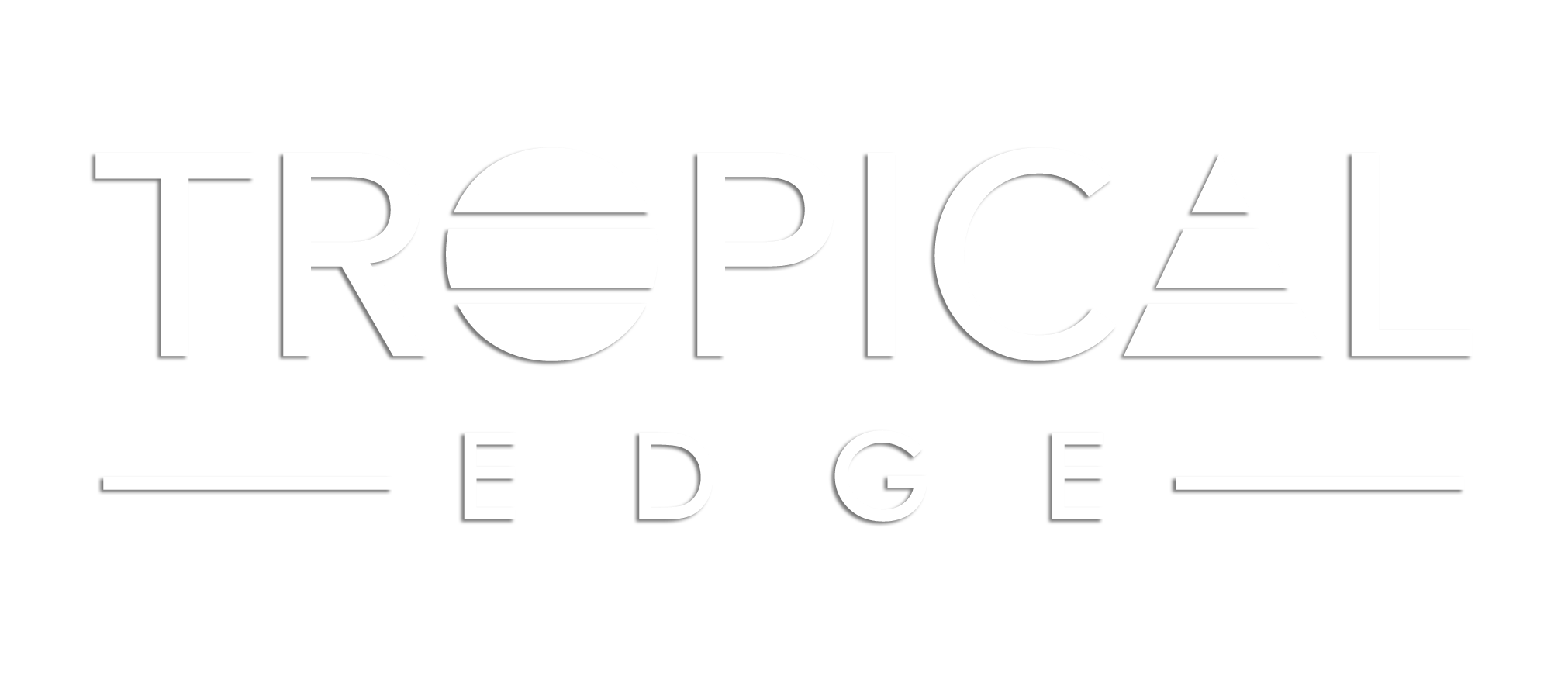Hello guys!
Today I have the pleasure to welcome our first guest blogger! Her name is Maru Caballero and she runs a blog called Bolsillo y Sencillo, a personal finance blog. I was able to hear her speak a few months ago in a conference I went to and since then I began to brainstorm how I could share her knowledge with you. The moment has finally arrived. In this post, you will learn about retail therapy and how to deal with it.
If you want to be the first to read guest bloggers posts and interviews, remember to subscribe to the blog!
Retail Therapy
By: Maru Caballero
This was a terrible week, I feel bad … I need to pamper myself, buy myself a gift, I just want to feel better” Has this happened to you?
Pampering ourselves after having gone through a difficult situation can help you relax or forget the displeasure. That is why “Retail Therapy” is usually so popular. It distracts and uplifts your mood when you feel bad.
Retail Therapy is when the levels of dopamine (pleasure hormone) increase during the act of shopping. Buying something creates a chemical reaction in the brain that result in a feeling of pleasure.
Using this therapy sporadically (and with control) can bring you benefits. We are not robots, nor are we in this life to survive; it is also necessary to give ourselves some pleasures. However, we need to be aware that this feeling of pleasure can last a very short time and after a while, after having bought thousands of things on impulse, you go back to having low spirits and sometimes, feeling guilty for having spent too much money.
Going to the extreme and channeling all your emotions through retail therapy can bring serious consequences to your emotional and financial life. Some people become addicted to the feeling that retail therapy provides and a vicious cycle begins: feeling stressed by all their problems (including financial problems), shopping to feel better and buying items on impulse and then, remorse sets in because they worsened their financial situation. As the saying goes, “The remedy was worse than the disease.”
How do I know if I am abusing retail therapy?
Retail therapy is full of impulse purchases: “I see it, I want it and I buy it”.
Purchases driven by your emotions generate a sense of urgency to make the purchase because you feel it is a great opportunity and that you have to take advantage of it, no matter what. Now let’s identify the warning signs.
Warning signs:
Do you identify with any of these behaviors? If so you may have a problem with retail therapy.
- The only thing that manages to alleviate your discomfort, low spirits or stress is to shop.
- You have financial problems and/or debt, however, you do not consider that an impediment to continuing buying because, this is something that makes you feel good and that, is what really matters
- You can not distinguish between needing or wanting something, which is why it is difficult to answer honestly if you can afford it.
- You always have that sense of urgency to want to buy something that you like and feel that you can not wait a couple of days to go back and buy it
Measures to take
In short, being aware of the situation and wanting to take corrective measures in this regard, is the first step. Some recommendations to replace retail therapy are:
- Find alternative ways to release stress
Think about your hobby or something that you enjoy doing (without thinking about shopping). Many people find that exercising is a way they can clear their mind. Other activities you might think about are cooking, going for a walk, writing or reading a book. They are healthy activities, which can help you get distracted and clear your mind. The point is that you find at least 2 activities that you enjoy and where you can release stress.
- Develop Emotional Intelligence
Emotional intelligence allows you to recognize and identify emotions in yourself (self-awareness) and also, gives you the ability to control impulses and delay immediate reward (self-control). Experts indicate that some ways to develop your emotional intelligence are meditation, keeping a diary of emotions, reading self-help books, coaching sessions, among others.
- Seek help from a professional
Of course, sometimes the control of emotions and/or problems we have in our lives needs a guide from a professional. If you have already tried everything and still cannot overcome your obsession with impulse purchases or retail therapy, consider going to a professional to guide you through the proces

¡Hola chicos!
¡Hoy tengo el placer de darle la bienvenida a nuestra primera bloguer invitada! Su nombre es Maru Caballero y dirige el Bolsillo y Sencillo, un blog de finanzas personales. Pude escucharla hablar hace unos meses en una conferencia a la que asistí y desde entonces comencé a pensar cómo podría compartir su conocimiento con ustedes. El momento finalmente ha llegado. En esta publicación, aprenderás sobre la terapia de compras y cómo lidiar con ella.
Si quieres ser el primero en leer publicaciones y entrevistas de blogueros invitados, recuerda suscribirte al blog.
Terapia de Compras
por: Maru Caballero
“Ésta fue una pésima semana, me siento mal.. necesito consentirme, regalarme algo, simplemente quiero sentirme mejor” ¿A quién no le ha pasado esto?
Consentirnos después de haber pasado por una situación difícil, puede ayudarte a relajarte o pasar el disgusto. Es por eso que la “Terapia de Compras” suele ser tan popular para distraerte y subir los ánimos cuándo te sientes mal.
La Terapia de Compras consiste en ir de shopping y según algunos estudios, esta terapia ayudará a elevar tus niveles de dopamina, haciendo que el hecho de comprar eleve el nivel de placer que sientes en ese momento.
Utilizar esta terapia de manera esporádica (y con control) puede traerte beneficios. No somos robots, ni estamos en esta vida para sobrevivir, también es necesario darse gustos. Sin embargo, también hay algo que debemos considerar y es que esa sensación de placer puede durar muy poco tiempo y al rato, después de haber comprado miles de cosas por impulso, vuelves a sentirte con bajos ánimos y a veces, con sentimiento de culpa por haber gastado demasiado dinero.
Irse al extremo y canalizar todas tus emociones a través de la terapia de compras, puede traerte consecuencias graves a tu vida emocional y financiera. Algunas personas se vuelven adictas a la terapia de compras y entran en un círculo vicioso: sentirse estresados por todos sus problemas (incluyendo los financieros), irse de terapia de compras para sentirse mejor y comprar miles de cosas por impulso y luego, arrepentirse y sentirse mal porque empeoraron su situación financiera. Así como dice el dicho “El remedio fue peor que la enfermedad”.
Señales de alarma: ¿cómo saber si estoy abusando de la Terapia de Compras?
La terapia de compras está llena de compras por impulso, es decir, todas aquellas compras que generan este comportamiento en ti: “lo veo, lo quiero y lo compro”.
Las compras impulsadas por tus emociones generan un sentido de urgencia por realizar la compra porque sientes que es una gran oportunidad y que tienes que aprovecharla ya, sea como sea. Entendiendo esto, ahora identifiquemos cuáles son las señales de alarma.
Para saber si estás abusando de la terapia de compras, ¿te sientes identificada con alguno de estos comportamientos?:
- Lo único que logra aliviar tu malestar, bajos ánimos o estrés es salir de terapia de compras
- Presentas problemas financieros y/o de endeudamiento, sin embargo, no consideras que eso sea un impedimento para seguir comprando porque, esto es algo que te hace sentir bien y eso, es lo que realmente importa
- No logras distinguir entre necesitar o querer algo, por eso es difícil contestar honestamente si ¿lo puedo pagar?
- Siempre tienes ese sentido de urgencia por querer comprar algo que te guste y sientes que no puedes esperar un par de días para regresar a comprarlo
Medidas a tomar
En definitiva, ser consciente de la situación y querer tomar medidas correctivas al respecto, es el primer paso. Algunas recomendaciones para reemplazar la terapia de compras:
- Buscar maneras alternativas de liberar estrés
Piensa en cuál es tu pasatiempo o en algo que disfrutes hacer (sin pensar en las compras). Muchas personas encuentran que haciendo ejercicio, es una manera en la que logran despejar su mente. Otras actividades en las que podrías pensar es en cocinar, salir a dar una vuelta caminando, escribir o leer un libro. Son actividades sanas, que pueden ayudarte a distraerte y despejar tu mente. El punto es que encuentres mínimo 2 actividades que disfrutes y en la que puedas liberar el estrés.
- Desarrollar Inteligencia Emocional
La inteligencia emocional te permite reconocer e identificar las emociones en ti mismo (autoconciencia) y también, te da la capacidad de controlar los impulsos y retrasar la recompensa inmediata (autocontrol). Los expertos indican que algunas maneras para desarrollar tu inteligencia emocional son la meditación, llevar un diario de las emociones, leer libros de auto-ayuda, sesiones de coaching, entre otros
- Buscar ayuda de un profesional
Por su puesto, en ocasiones el control de las emociones y/o problemas que tenemos en nuestras vidas necesita una guía de un profesional. Si ya lo has intentado todo y aún no logras superar tu obsesión por las compras impulsivas o terapia de compras, considera acudir a un profesional para que te guie en el proceso.
